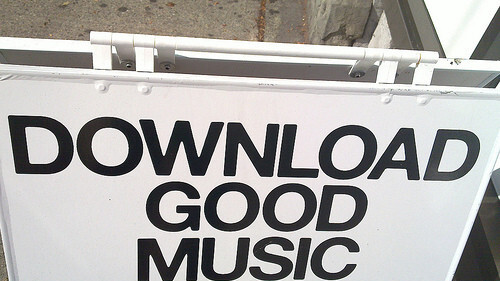
 A report from British music lobbying group the BPI suggests that over 1.2 billion songs will have been downloaded illegally by 7.7 million file-sharers in Britain by the end of 2010, nearly four times the number of tracks bought legally this year.
A report from British music lobbying group the BPI suggests that over 1.2 billion songs will have been downloaded illegally by 7.7 million file-sharers in Britain by the end of 2010, nearly four times the number of tracks bought legally this year.
Music industry executives, which note the study is “conservative”, say the figures highlight a problem where record labels and its investors are not as willing to spend when sourcing new talent with revenue being impeded by illegal file-sharing.
Geoff Taylor, Chief Executive of the BPI, believes that illegal filesharing is “a parasite that threatens to deprive a generation of talented young people of their chance to make a career in music, and is holding back investment in the fledgling digital entertainment sector.”
The BPI’s “Digital Music Nation 2010” report estimates that UK digital singles sales could surpass 160 million in 2010, a rise of 10 million from last year, while digital album sales could top 21 million, up 5 million the year before.
Interestingly, figures show that in the 12 months leading up to September, digital downloads accounted for 24.5 percent of the UK record industry’s revenue, up more than 5% from a year previous.
BPI figures for the 12 months ending in September 2010 show digital services now account for 24.5 percent of UK record industry revenue, up from 19.2 percent a year earlier. The increase in digital music revenue hasn’t helped to offset declining CD sales though, something that the industry might need to asssess to see if the market has changed enough for a shift in how music is sold.
We don’t deny there is a high level of illegal music downloads but there are also a number of different initiatives trying to shift the way people consume music. Record companies still don’t see the advantages of “all-you-can-eat” music subscriptions like those offered by Spotify and other streaming services, leaving consumers with limited choices.
Get the TNW newsletter
Get the most important tech news in your inbox each week.





